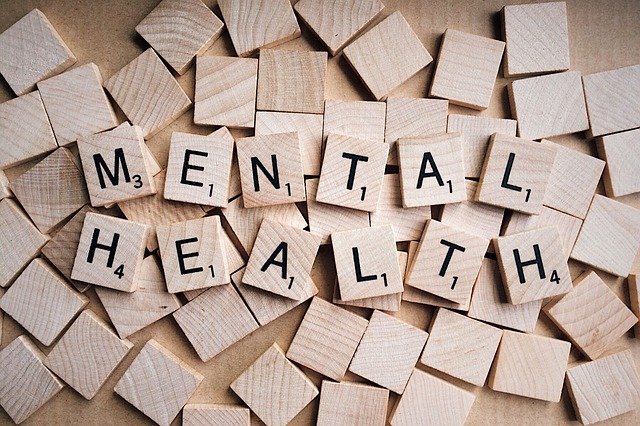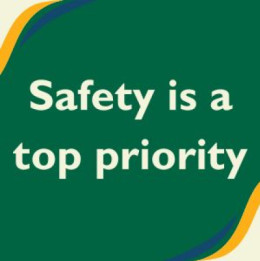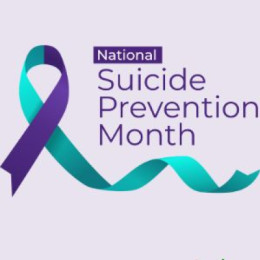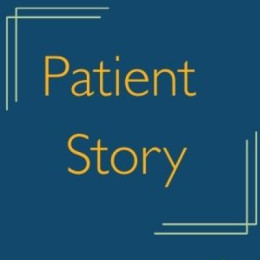Posted On: May 17, 2021 by Community HealthCare System in: Community health news General

By Angie Sauvage, Licensed Master Social Worker
Did you know that the language we use to talk about mental health may contribute to the stigma, prejudice, and discrimination of individuals who have been diagnosed with a mental health condition? We are all unique individuals and want to be treated as such. There is much more to each person than their mental health condition.
Person-first language refers to speaking and writing in a way that acknowledges the person first, and then their condition or disability. It indicates what the person HAS, rather than allowing IT to define the person. When we recognize the person first, we acknowledge that individual has the power to overcome that condition and live a full life separate from the mental illness.
Here are some examples:
- Instead of saying "mentally disabled" or "mentally ill," try saying the person has a "mental health condition" or "has a mental illness"
- Instead of saying someone "committed suicide," say the person "died by suicide"
- Instead of saying someone is "retarded" or "mentally retarded," say the person "has an intellectual disability"
- Instead of saying someone is an "addict, junkie, or drunk," say the person "has a substance abuse disorder"
- Instead of saying someone is "crazy, insane, psycho, or nuts," describe the person's symptoms.
It's important to remember to respect each individual’s preference on how they wish to refer to their own mental health status. CHCS continues working to increase the mental health awareness and services for our associates, patients, and communities. With this work, we challenge everyone to become more consciously aware of our own language, attitudes, and beliefs regarding mental health.











0 comments